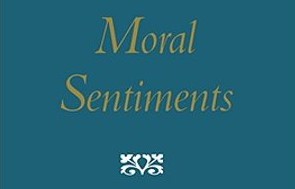The problem of political and economic inequality has always been a debate. But, the questions of a fair economic opportunity reach its turning point during the modern period. The moral foundation of economics during the modern period is laid on self-interest.
According to Bernard de Mandeville, in his poem “The Grumbling Hive”, human beings are motivated by self-interest and the policymakers can exploit it for the public interest. He argues that charity keeps people away from achieving their dreams because it makes the beneficiaries dependent. Thus, Mandeville propose a system that will make room for the poor even in the face of immorality.
To Mandeville, “we would not be able to build a prosperous society without evil.” It is the desire to fulfil the needs that draw us towards others; Relating or socialising with others does not necessarily make us good. Mandeville thinks therefore that morality has its place, but that is not going to make us prosperous. No doubt we grow in a society which educate us to believe that our wellbeing depends on how much we have and not on our relationship with others. Morality does not determine the outcome of our happiness and thus only realistic in other domains of life but not in the domain of trade. Adam Smith holds a similar position to that of Mandeville; private vice intel public benefits.
It is no accident that human beings act the way they do what stimulates economic growth is the lies that they will be better off than they are. To Adam Smith, economic inequality is okay so long as it benefit the underprivilege. People work together because they want to be complimented not because they want to work together
